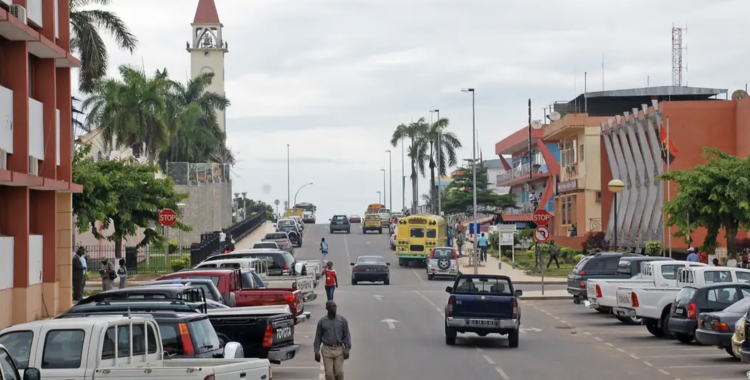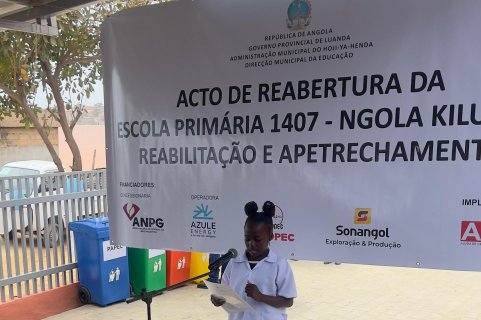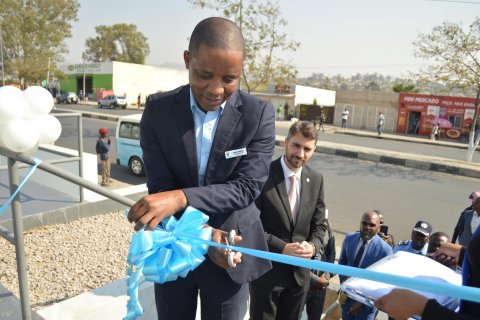The researcher at the Center for International Studies at the University Institute of Lisbon (CEI-IUL) told Lusa that the Cabinda issue was always "complex" for the Angolan State, and did not receive due attention "because it was diluted" due to the war civil service for almost three decades after independence.
"What has been associated with this issue is always Cabinda's desire to gain autonomy from Angola", while the Angolan Government (supported by the MPLA, party in power since 1975) has another understanding and has always had a "very inattentive" stance to these intentions, explained the teacher.
The Cabinda region has thus been kept under a special regime, with a strong military presence and it is through this militarization of the province that political control is also exercised, he considered.
Luís Bernardino argued that any solution for Cabinda must go through a referendum to assess the population's feelings on this issue, and whether it is more in favor of autonomy, independence, or maintaining links with Angola, ensuring that this decision is not influenced by regional powers around that province in the north of Angola, but geographically discontinued.
"That's the problem, if Cabinda became a province disconnected from Angola, it will automatically be absorbed by the surrounding regional powers", such as the Democratic Republic of Congo and others who have an interest in the region's wealth, essentially oil, highlighted the defense and security specialist.
However, "maintaining this situation by force will wear down, even creating what could be regional tension, which could lead to militarization, an area of conflict that is of no interest to either Angola, the populations or the FLEC [Frente para a Libertação do Enclave de Cabinda-Forças Armadas de Cabinda], who are involved in this political process", he commented.
The academic suggested that a process could be found that would turn Cabinda into an autonomous region managed by Angola, which would not be easy for Luanda to accept, he acknowledged, but would alleviate tension.
As for FLEC, he considered that it should evolve into a political force, instead of continuing to be associated with an independence military movement, and "moderate its speech and its way of acting, both internally, in the province of Cabinda, and externally", already that the movement strives to maintain a dynamic and lively foreign policy.
Although FLEC maintains some guerrilla actions against the Angolan armed forces in Cabinda, Luís Bernardino said he believes that its greatest strength lies abroad, in its international capacity to try to mobilize support from other countries in the region for its cause.
"This is something that can transform this conflict, so that this conflict can go beyond the scope of Cabinda and include other actors, not only African, but also European", he observed.
"The FLEC are interested in internationalizing the conflict (...) placing the issue of Cabinda on the international agenda so that it has a greater dimension, while the countries that have links with Angola are interested in the opposite", continued the researcher, highlighting that Portugal has never should get involved in this issue, "not only for historical reasons, but also because of the impact it has on its foreign policy".
He considered, on the other hand, that holding a referendum would be a step for Angola to "give a voice" to the Cabindan people, starting from there for a shared negotiation on possible autonomy.
"But this involves a radical change in FLEC. There is a latent tension here in which both parties are extreme (...) this situation is being maintained somewhat by force, even when we don't know, but there are very complex situations here and this obviously implies a change of stance on both sides", he commented.
FLEC has been fighting for the independence of the territory, from where much of Angola's oil comes, for several years, claiming that the enclave was a Portuguese protectorate – as established in the Treaty of Simulambuco, signed in 1885 – and not an integral part of the territory Angolan.
The Angolan Government normally refuses to recognize the existence of soldiers killed as a result of guerrilla actions by independence activists, or any situation of instability in that northern province of Angola, always emphasizing the unity of the territory.







